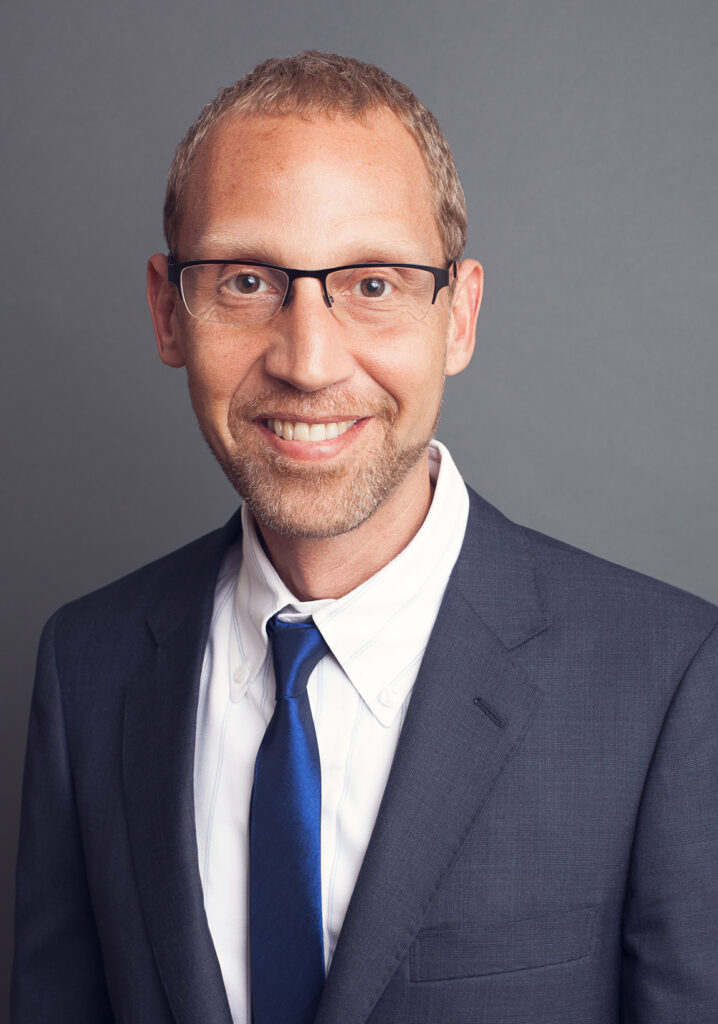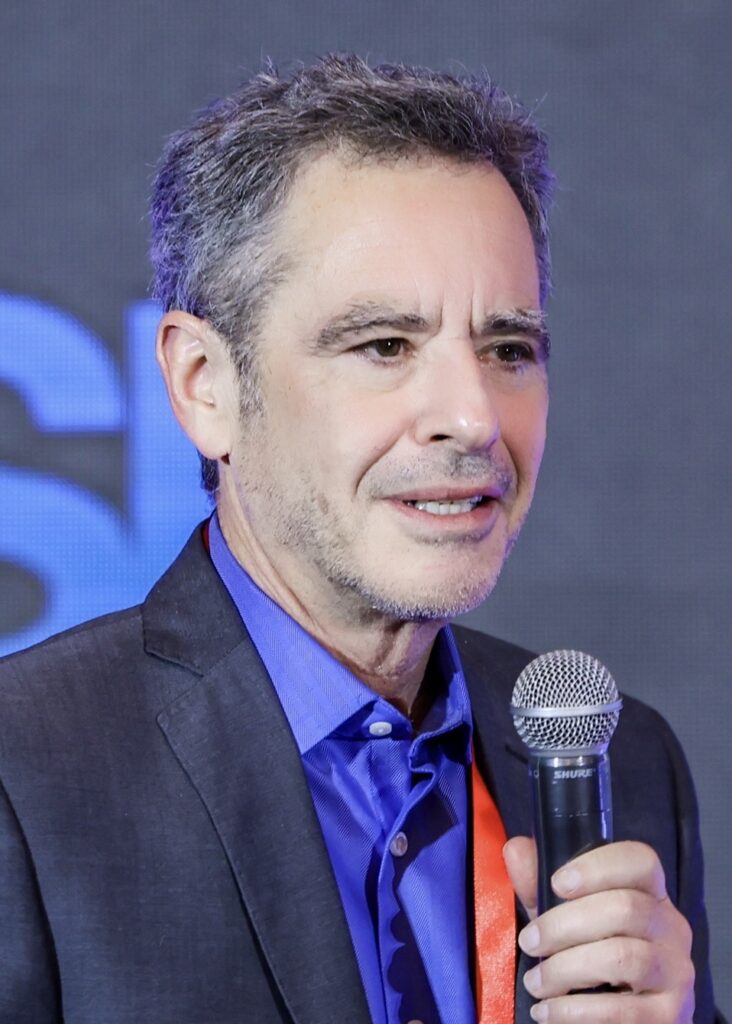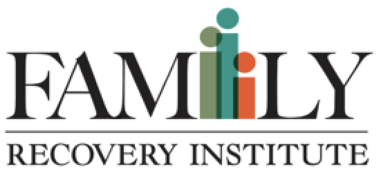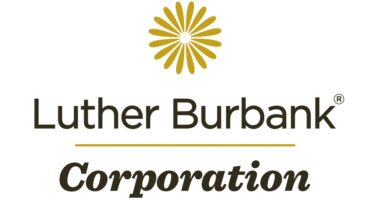NARRATIVE:
This seminar will offer an advanced framework for clinical practice through a psychoanalytic lens, taking seriously the need for an “outside in” and an “inside out” approach to ethical considerations. The external established framework of legal and professional ethics serves as the foundation for an internal model that is fluid, lived, applied, and emerging within the context of the clinical work itself. General rules and guidelines about ethical behavior serve as our compass. However, we also need to develop an internal framework that can help us think and find our bearings in the challenging conditions that we encounter in the stormy conditions of psychodynamic and psychoanalytic work. Clinical examples and vignettes will be presented to deepen this exploration.
LEARNING OBJECTIVES:
Upon completion of this workshop, participants should be able to:
- Distinguish between a rule-based model of ethics and a model of lived ethics;
- Compare paternal and maternal models of legal/ethical principles;
- Differentiate the features of serious boundary violations and ethical misdemeanors;
- Describe a clinical scenario that illustrates the conflict between ethical ideals and clinicians’ basic human nature;
- List three factors that make it impossible for clinicians to realize their ethical ideals in psychodynamic psychotherapy;
- List three examples of ethical delinquencies or misdemeanors that might occur in a therapy session;
- Identify two ways in which telephone sessions increase the possibility of minor ethical enactments.
COURSE OUTLINE – 4 HOURS:
9:00 am-10:30 am: Ethics from the Outside In and the Inside Out
Dr. Kunst will offer a presentation exploring the differences between legal, ethical, moral, and technical considerations in psychodynamic psychotherapy and psychoanalysis. She will present a model in which the external framework of legal and ethical issues is valued as a foundation for the internalization of an ethical model that can be fluidly applied to unique clinical situations. She will ground this ethical framework in a modern theory of the Oedipus Complex that distinguishes paternal and maternal modes of functioning.
10:30 am-10:45 am: Break
10:45 am-11:30 am: Impossible Ethics
Dr. Kunst will explore Sarah Ackerman’s paper, Impossible Ethics, in which she highlights the inevitable strains of psychodynamic work and the ways in which we must aspire to but cannot uphold our ideal ethics due to our human limitations, conflicts, and desires. She will explore concepts related to deferred action and neighborly love as essential to ethical work in psychoanalytic psychotherapy.
11:30 am-11:35 am: Break
11:35 am-12:15 pm: Ethical Misdemeanors
Dr. Kunst will explore Joyce Slochower’s paper, The Analyst’s Secret Delinquencies, distinguishing between boundary violations and boundary crossings. Ethical misdemeanors are ubiquitous in clinical work and can be understood as manifestations of clinical phenomena as well as the personal challenges that every clinician must face. A case example will illustrate these concepts.
12:15 pm-12:20 pm: Break
12:20 pm-1:00 pm: Altruism and Boundary Violations
Dr. Kunst will explore Beth Seelig’s paper, Altruism and Boundary Violations, a case study of a serious boundary violation by a therapist and the steps taken to understand and work through challenging clinical dilemmas in an ethical manner.
CONTENT CURRICULUM:
1) Doctoral programs in psychology focus on establishing a rule based model of legal and ethical principles that is necessary but not sufficient for advanced clinical practice. In this workshop, an advanced ethical framework will be presented that upholds the external legal and ethical framework and deepens ethical practice through the internalization of this framework, drawing from a psychoanalytic theoretical model.
2) The knowledge the participant gains will enhance their psychological practice by teaching clinicians how to apply legal and ethical guidelines in specific challenging clinical situations in a fluid way.
3) The target audience is everyone who is working clinically in the mental health field. The concepts will be explained simply enough so that they will be accessible to participants who are beginners in the field, as well as those with advanced knowledge.
4) The content is grounded in peer-reviewed literature from highly regarded psychoanalytic journals. While psychoanalytic ethics is largely conceptual and clinically derived, many of the principles discussed (e.g., therapeutic boundaries, enactments, countertransference) have also been discussed in broader psychotherapy outcome research. Limitations include the reliance on a single theoretical orientation and the need for appropriate supervision to avoid misapplication..
5) While psychoanalytic theory has not always foregrounded cultural or identity-based differences, this seminar will include examples and discussions of how ethical dilemmas can manifest differently depending on cultural context, identity, and therapist–client dynamics. The presenter will demonstrate how internalized ethical frameworks can be applied sensitively across diverse populations.
BIO:
Dr. Jennifer Kunst is a clinical psychologist and psychoanalyst in private practice in Pasadena, CA where she works with adults, adolescents, couples, and families. She trained at the Psychoanalytic Center of California, where she is a Training and Supervising Analyst and teaches courses on Kleinian theory and technique. She is passionate about distilling the complexity of psychoanalysis into ideas that can be applied to everyday life. Her outreach projects include her Psychology Today blog, “A Headshrinker’s Guide to the Galaxy”; her book, “Wisdom from the Couch: Knowing and Growing Yourself from the Inside Out” (Central Recovery Press, 2014); and her online continuing education program for mental health professionals, “Psychoanalytic Essentials”.
COST:
CIP Members:
$100 early registration up to 10 days prior to class, $120 after
Non-members:
$120 early registration up to 10 days prior to class, $140 after
CEs:
4 CEs for LMFTs & LCSWs, LPCCs and 4 CEs for Psychologists
*Meets Requirements for Law & Ethics Continuing Education Credits*
The Community Institute for Psychotherapy is approved by the American Psychological Association to sponsor continuing education for psychologists. The Community Institute for Psychotherapy maintains responsibility for these programs and their contents.
Accommodations will be made wherever possible for those with disabilities. Please let us know of any disabilities upon registration to ensure proper accommodations are put in place prior to the workshop/training.
Cancellations must be received in writing 10 business days prior to the seminar, class, or first study group session for a refund minus a $25 cancellation fee. Cancellations less than ten days will not be refunded.
Grievance Procedure: CIP will respond to complaints in a reasonable, ethical and timely manner, when submitted by program attendees in writing to the Chair of CIP’s Professional Development Committee.
Anti-Discrimination Policy: CIP shall not discriminate against any individual or group with respect to any service, program or activity based on gender, race, creed, national origin, sexual orientation, religion, age or other prohibited basis. CIP does not require attendees to adhere to any particular religion or creed in order to participate in training. CIP will not promote or advocate for a single modality of treatment that is discriminatory or likely to harm clients based on current accepted standards or practice.
*There is no conflict of interest or commercial support related to this CE program.

